Organic NZ is filled with info to live a healthier lifestyle - for you and the planet! Published by the Soil & Health Association of New Zealand, working since 1941 for sustainable organic agricultural and good health. Topics range from home garden to large-scale success stories; eco-building; urban organics; genetic engineering & chemical issues; food matters & natural health.
Organic NZ
Buying the future
Community garden
Your Feedback
Urban composting • Recycling plant matter into plant food is half of the cycle of life. Kaitlyn Lamb describes how this can be done on any scale, in any place – even the most urban situation.
Summer is here! • The trick to getting abundant berry crops and other organic garden tips
Growing nitrogen PROVING THE BENEFITS OF GREEN CROPS • Air is 78 percent nitrogen. In the natural organic process, green crops bring that nitrogen into the growth cycle. Jeanette Ida reports how they proved just how effective and economical this process is.
WIN some organic love this Christmas • We have TWO HAMPERS full of organic goodies to be won for Christmas, thanks to our generous organic business partners.
Passing the constellations • As our birth zodiac affects our own lives, so they affect the lives of plants. Monique Macfarlane diarises how to utilise this in your planting schedule for the best effect.
Agroecology Our organic future • Organics is the leading form of agroecology in Aotearoa New Zealand. Charles Merfield explains exactly what agroecology is, how it has evolved, its acceptance internationally, the relevance of organics, and most important of all, how it could take us into the future.
Which wētā and why • In New Zealand, wētā have evolved into a diverse range of 130-plus species. Thebiggest is the giant cave wētā (Poor Knights Islands) which can be up to 45cm long and leap 4.6m in a singlebound. Thenthere is the mountain stone wētā that freezes solid in cold weather and thaws out, seemingly without any ill-effects. Prof. Steve Trewick is still identifying new species, and describes the distribution, habits, and ecological role of the wētā you might find near you.
Go wild this Christmas • There is more to foraging than free food. Adam Harrison explains the peripheral benefits of getting out and gathering from the wild, and how to turn your finds into uniquely kiwi Christmas treats.
Shahtoot mulberry Morus macroura • It is an attractive and hardy tree, prone to few diseases, with fruit that tastes somewhat like a mix of blackberry and raspberry with hints of grape, that is fantastic eaten fresh. Anne-Marie Barnes wonders why mulberries are not grown more commonly.
The reality of FAKE MEAT • Are plant-based meats really the better choice? For the environment? For us? Dee Pignéguy investigates and says all is not what the hype would have us believe.
Eden Vegan • It is nice to have something simple, nutritious, economical, and delicious to take to those pre-Christmas socials. But your own, or others’, dietary choices can sometimes make that challenging. Wellington-based Tess Eden’s newly-released cookbook provides a mouth-watering range of options with budget-friendly common ingredients and simple instructions. She caters to a new vegan, a beginner cook, and with over 90 recipes, inspiration for the experienced. Some recipes you’ll recognise as traditional dishes made vegan, some are temptingly new combinations. Here’s a few to tempt Santa to drop in…
MORE THAN skin deep What cosmetics are made of • You may be surprised to learn what is in our cosmetic products – and what ultimately goes into our bodies and environment. Zara Adcock takes a look at the ingredients, the law, and the labels.
Getting under your skin • The skin’s main function is to...

 March/April 2024
March/April 2024
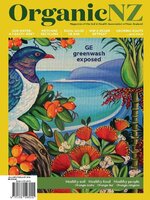 January - February 2024
January - February 2024
 November - December 2023
November - December 2023
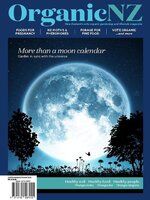 September - October 2023
September - October 2023
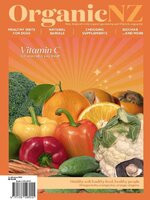 July - August 2023
July - August 2023
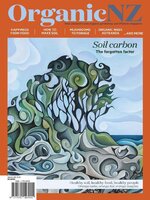 May - June 2023
May - June 2023
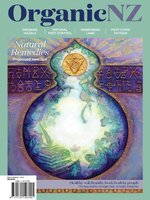 March - April 2023
March - April 2023
 January - February 2023
January - February 2023
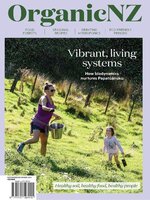 November - December 2022
November - December 2022
 September - October 2022
September - October 2022
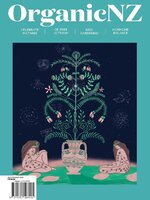 July - August 2022
July - August 2022
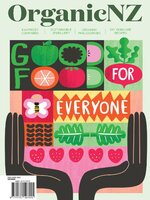 May - June 2022
May - June 2022
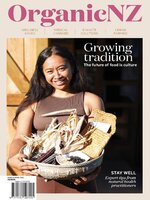 March - April 2022
March - April 2022